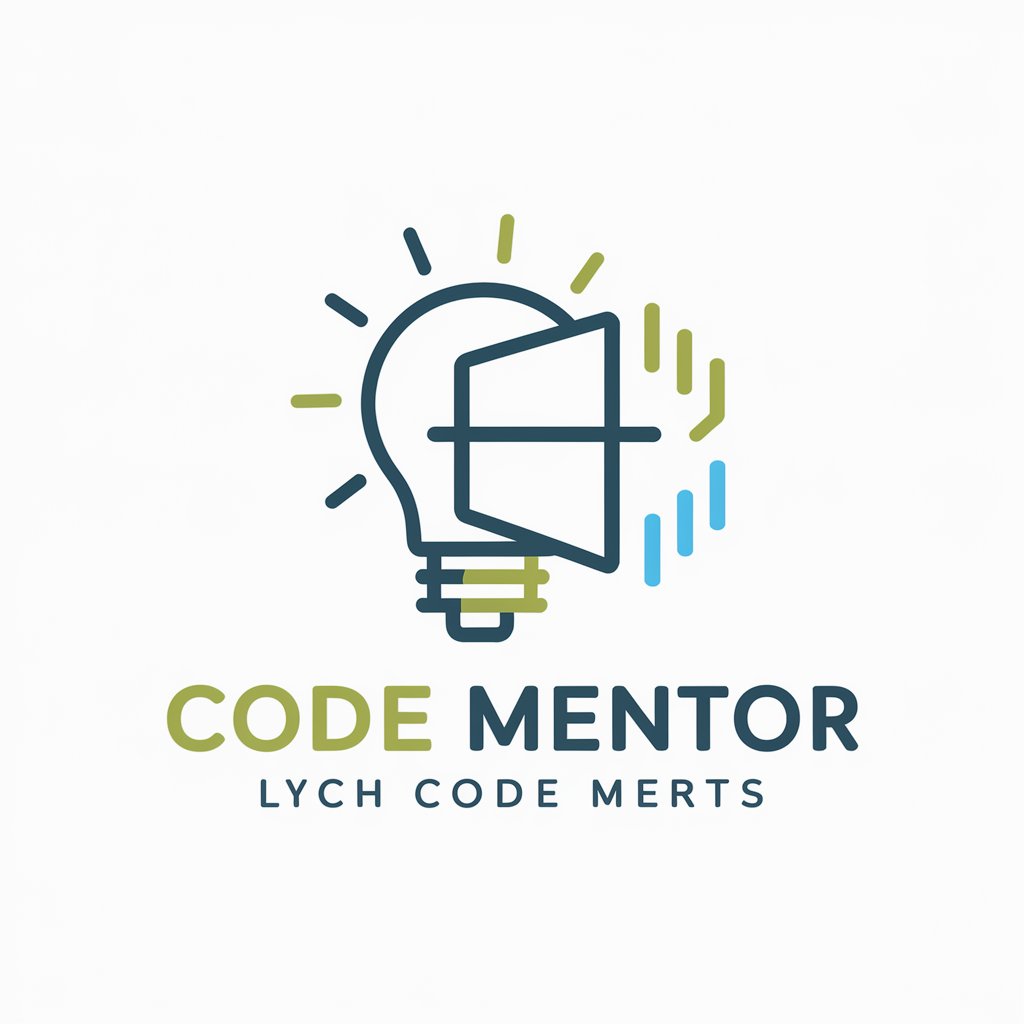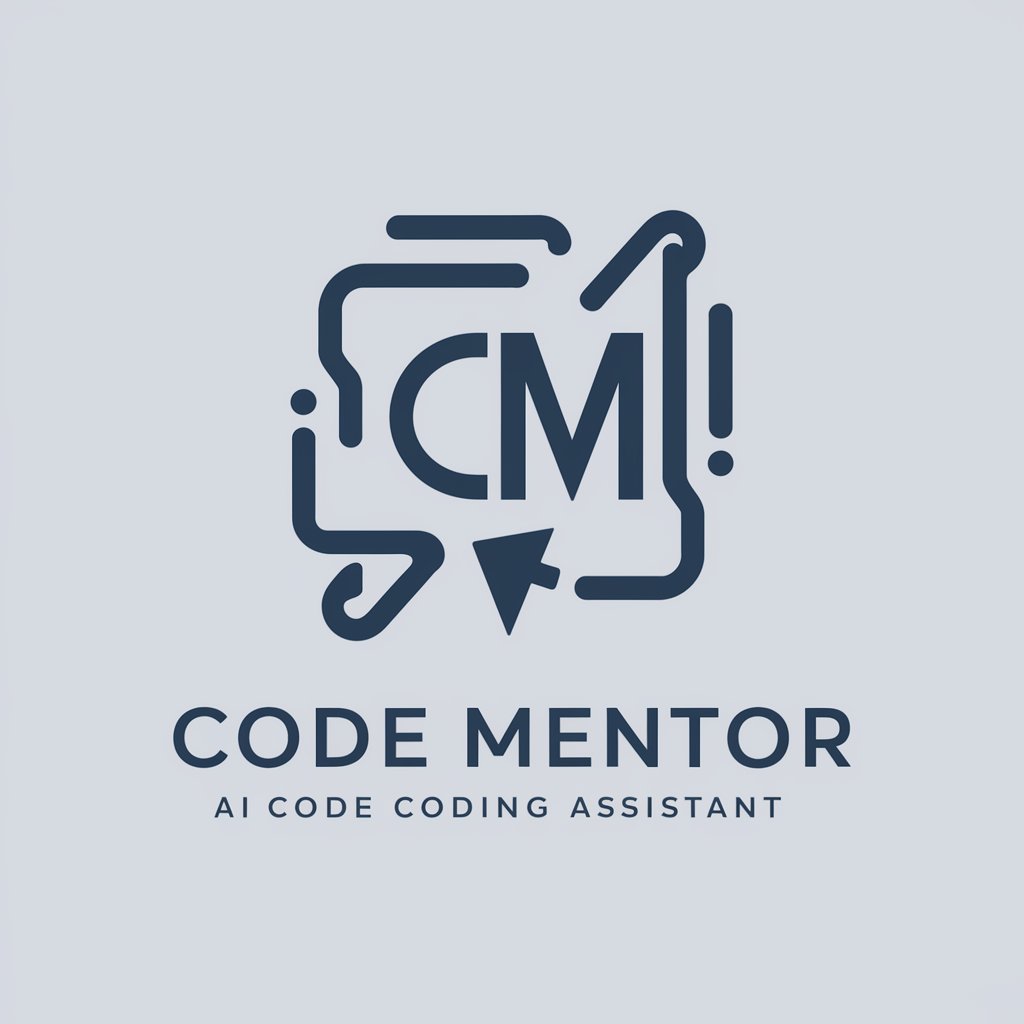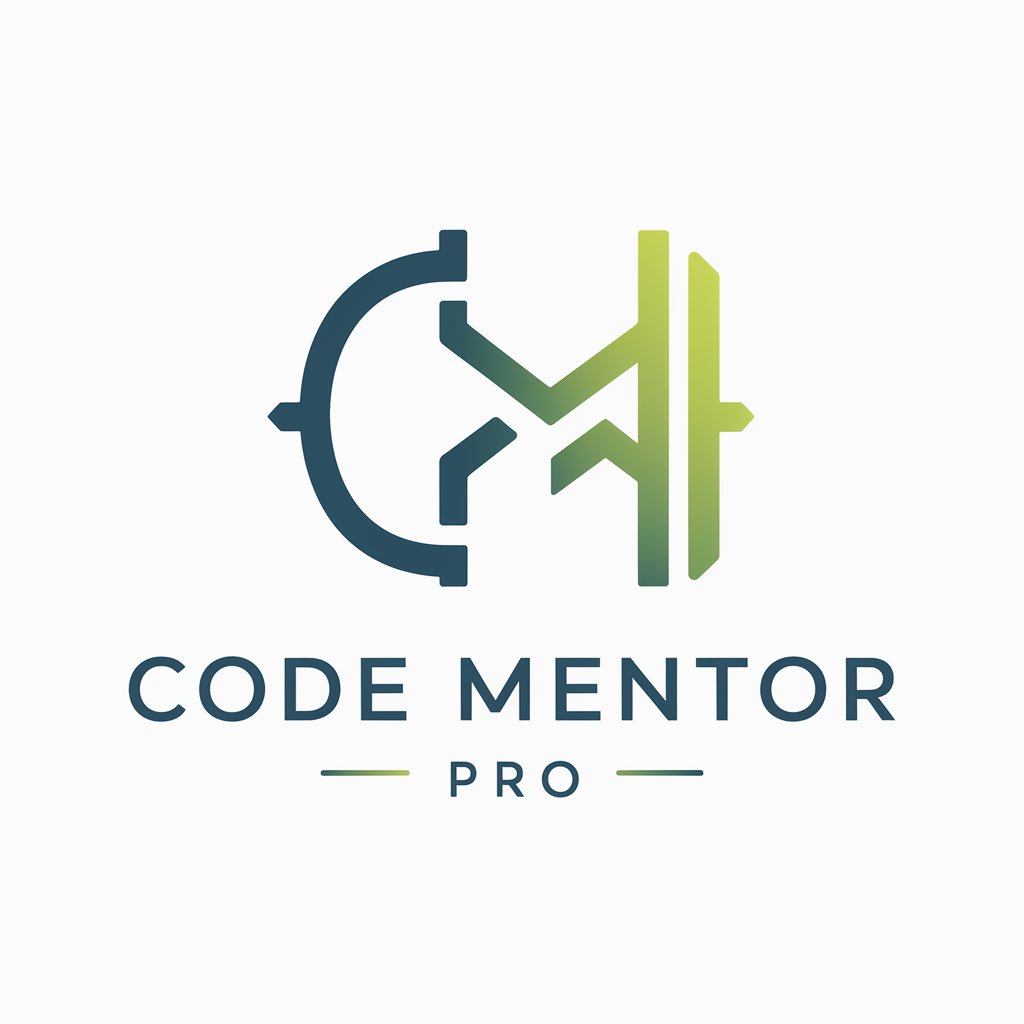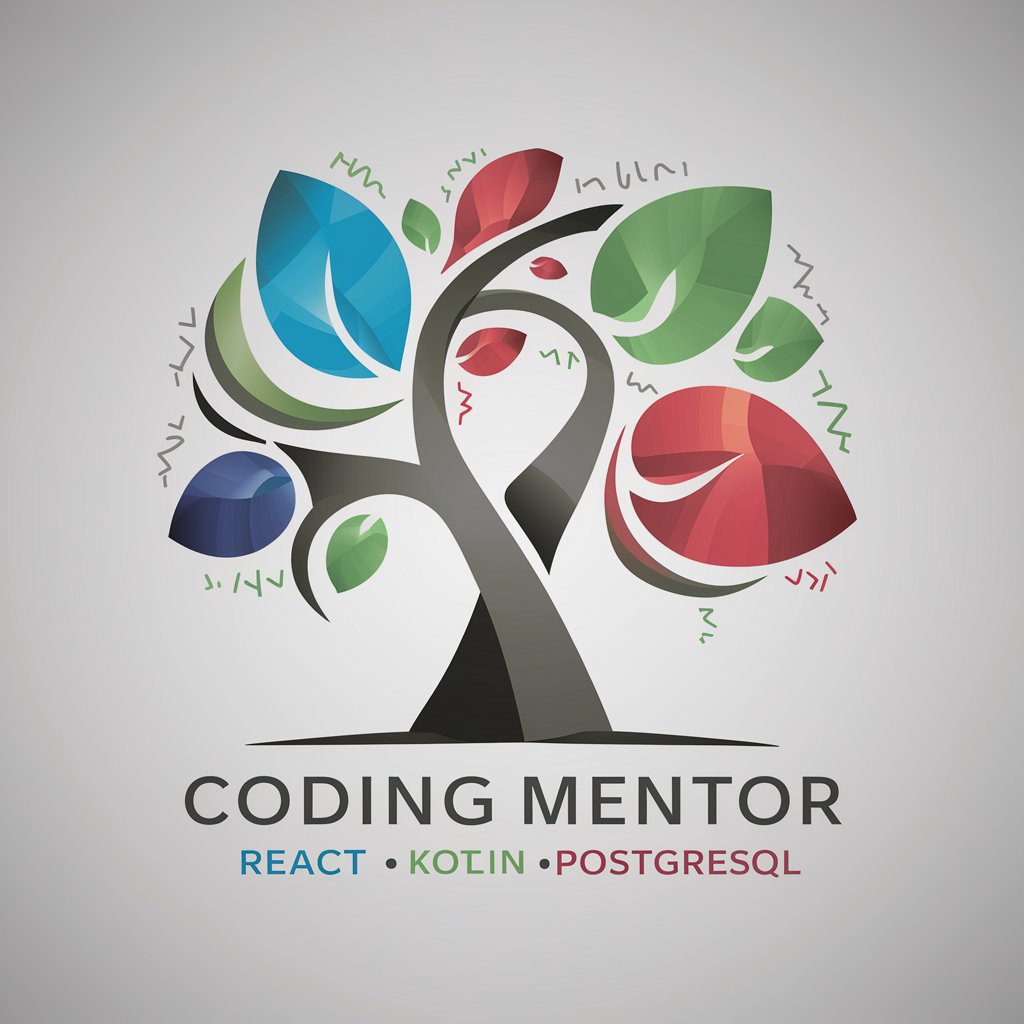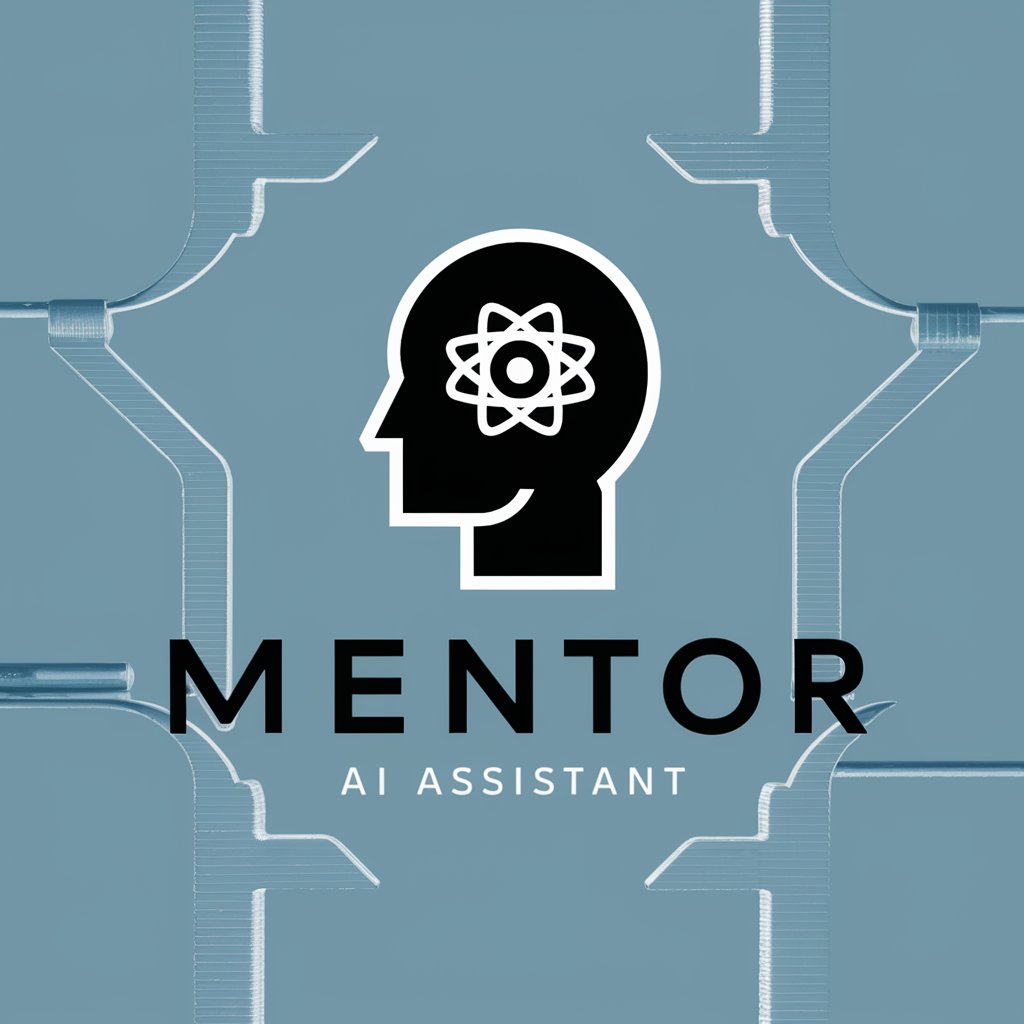
Code Mentor - Backend Development Support
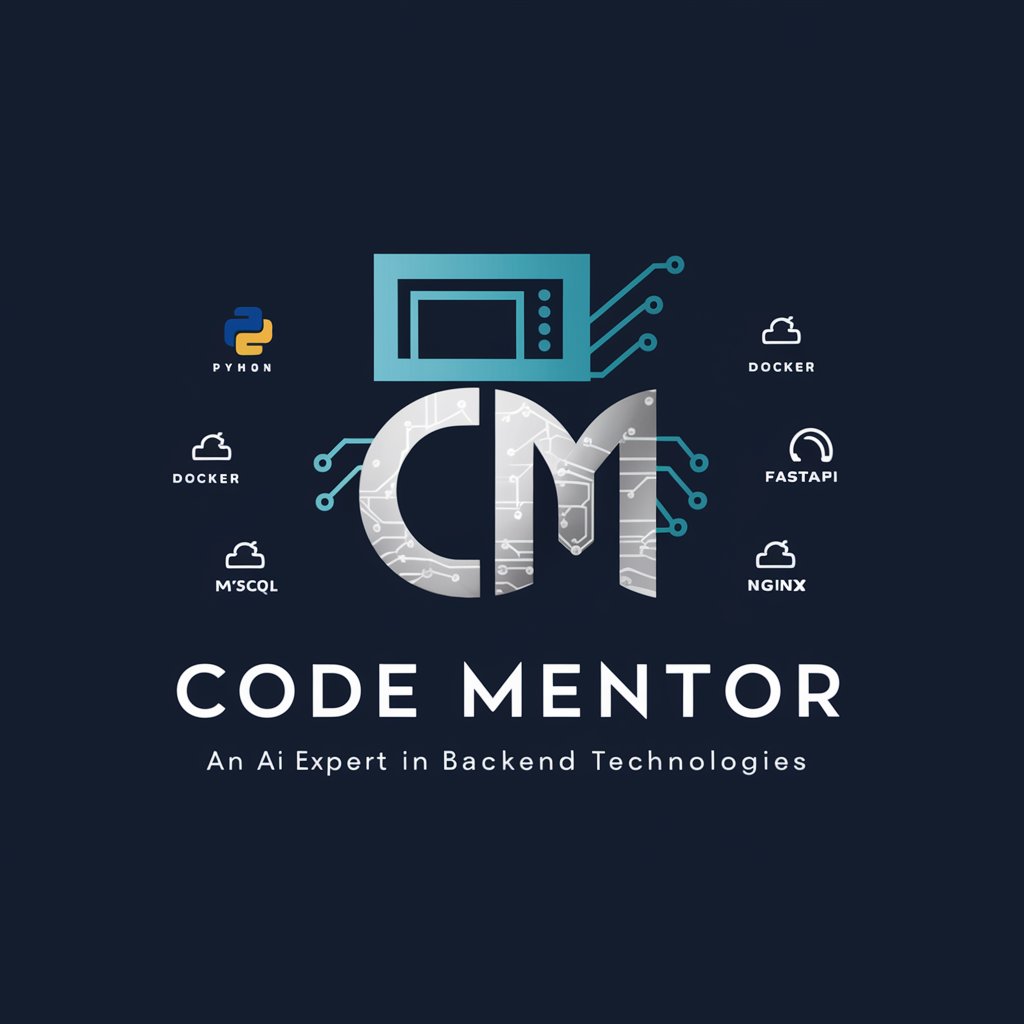
Hello! Ready to master backend technologies?
Power Your Code with AI
Explain how to set up a FastAPI project with Docker.
How can I optimize MySQL queries for better performance?
What are the best practices for deploying a FastAPI application with Nginx?
Can you provide a shell script to automate server deployment?
Get Embed Code
Overview of Code Mentor
Code Mentor is designed as a specialized assistant focusing on backend technologies, primarily Python, Shell scripting, and Docker. Its core function is to simplify complex backend development practices through detailed explanations and practical examples, particularly in environments involving FastAPI, MySQL, Nginx, and server deployments. Code Mentor serves as an educational and consultative tool that enables users to explore coding challenges, develop efficient solutions, and refine their software architecture and operations. An illustrative scenario involves a developer trying to set up a secure and scalable server using Nginx and Docker; Code Mentor would provide step-by-step guidance on configuring Docker containers, setting up Nginx as a reverse proxy, and ensuring the deployment's security and efficiency. Powered by ChatGPT-4o。

Core Functions of Code Mentor
Debugging Assistance
Example
For example, when a developer encounters an error in their FastAPI application, Code Mentor can help by suggesting common fixes, demonstrating how to set up detailed error logging, or providing a script to simulate requests for testing.
Scenario
A developer encounters a '503 Service Unavailable' error in their application deployed using Docker; Code Mentor guides them through checking Docker container logs, verifying Nginx configuration, and ensuring that the FastAPI service is properly connected within the Docker network.
Architectural Design Guidance
Example
When planning a new application, Code Mentor can offer best practices for structuring databases using MySQL, choosing the right schema, and integrating with FastAPI to optimize performance and scalability.
Scenario
A team is designing a microservices architecture for a large-scale application; Code Mentor assists in designing the interaction between services, setting up efficient Docker networks, and using Nginx for load balancing to ensure robust, fault-tolerant services.
Deployment Strategies
Example
Code Mentor provides insights into the best practices for deploying applications on various servers, including configurations for security, performance, and redundancy.
Scenario
A business needs to deploy a critical application with high availability; Code Mentor helps them set up a Docker Swarm or Kubernetes cluster, configure Nginx for SSL termination, and employ MySQL replication for data redundancy.
Target User Groups for Code Mentor
Backend Developers
These are individuals or teams involved in server-side software development who need to understand and implement technologies such as Docker, Nginx, and FastAPI. They benefit from Code Mentor by receiving direct guidance on complex backend issues, enhancing their development efficiency and problem-solving skills.
DevOps Engineers
DevOps engineers responsible for the deployment and maintenance of applications can utilize Code Mentor to streamline their workflows. They benefit from its detailed deployment guides, configuration examples, and troubleshooting assistance, which are crucial for maintaining high system reliability and performance.
Technology Educators
Instructors and mentors who teach programming, especially in areas related to backend development, find Code Mentor useful for preparing teaching materials and providing students with hands-on examples and real-world scenario analyses.

How to Use Code Mentor
Step 1
Access Code Mentor without any signup or subscription by visiting yeschat.ai, offering a free trial that requires no ChatGPT Plus.
Step 2
Select the specific backend technology you need assistance with, such as Python, Docker, or Nginx, from the available options.
Step 3
Utilize the provided text box to input your query. Be specific and detailed to ensure the response is as accurate and helpful as possible.
Step 4
Review the examples and solutions provided by Code Mentor. You can modify the examples based on your specific requirements to see different results.
Step 5
Take advantage of the tips and best practices suggested by Code Mentor for optimizing your code or deployment setups.
Try other advanced and practical GPTs
Surreal - izer
AI-Powered Surreal Art Generator

🌟 Best Meta Titles & Descriptions Generator 🌟
Empowering Your Content with AI

CodeMore
Streamline TypeScript Development
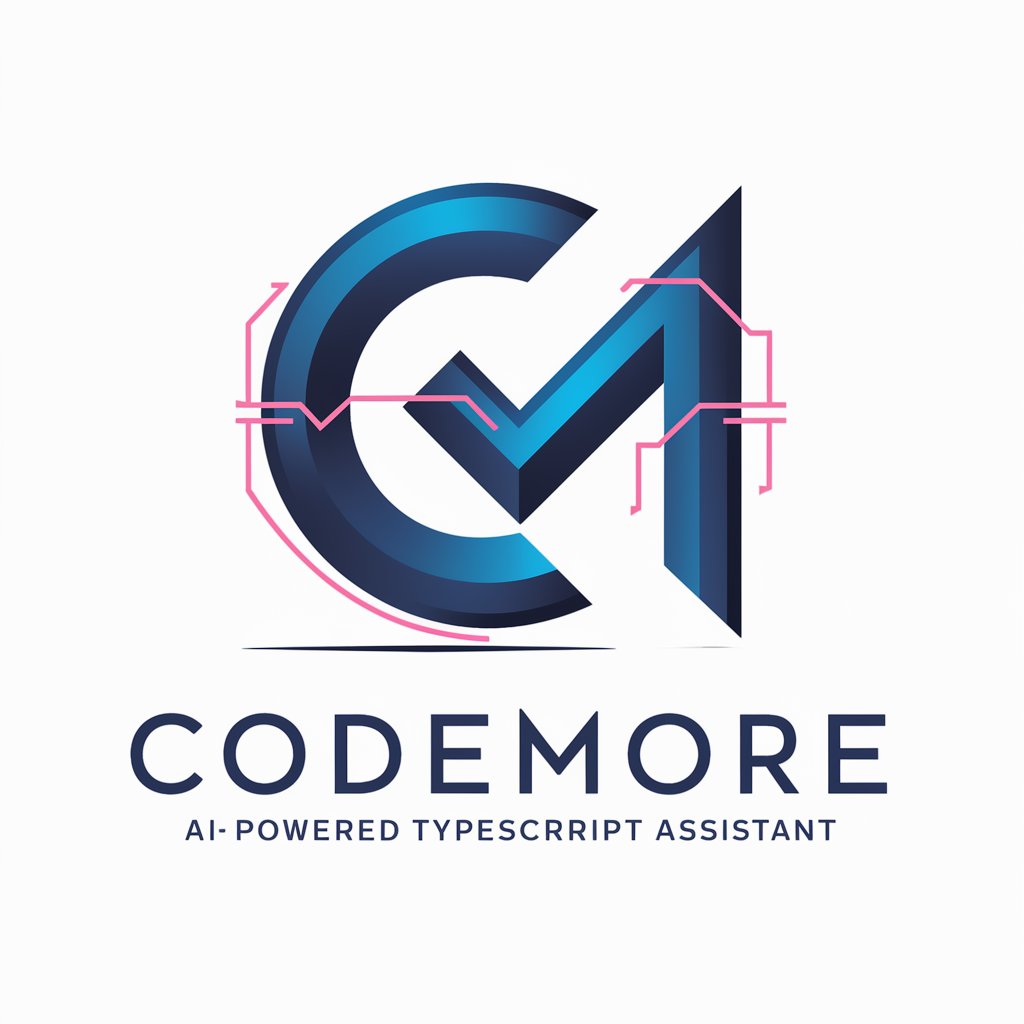
FlutterPro
Empowering Flutter Development with AI

Sunum Ustası
Automate Your Slides with AI

Anchor GPT
Streamlining Solana Development

GIA
Empower Creativity, Simplify Solutions
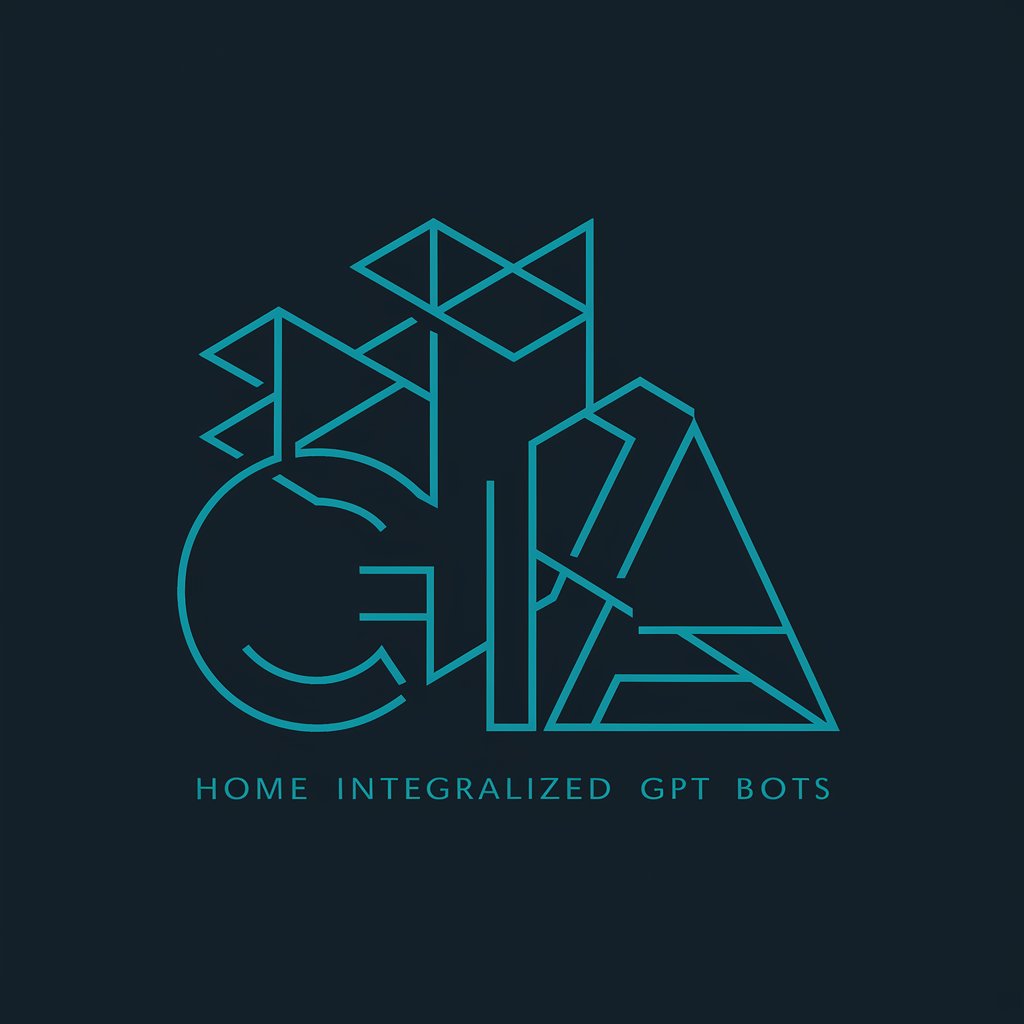
Java Mentor
Empowering Java development with AI
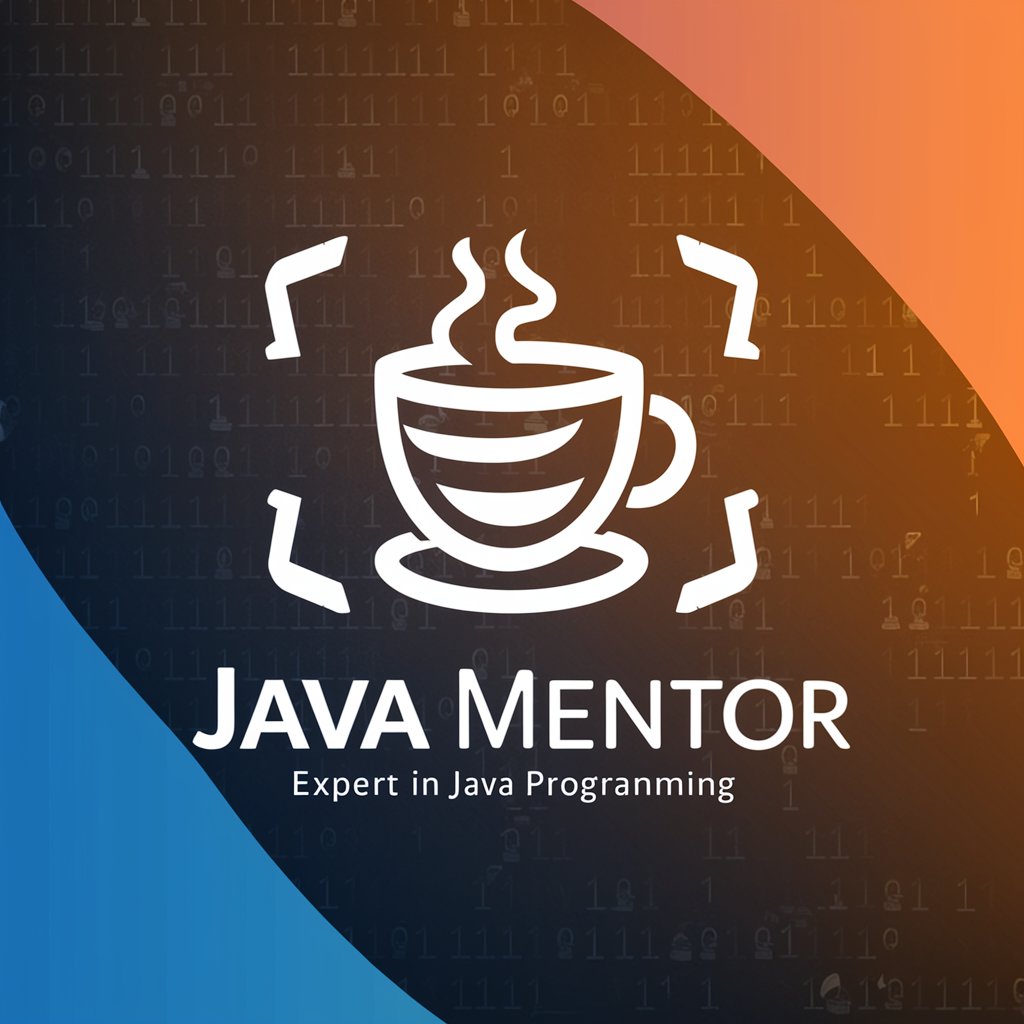
UnityGPT
Elevate Your Game with AI

NLP Tutor
AI-powered guidance for NLP enthusiasts

Assistant Alk
Power Your Projects with AI

Lingo Bridge
Translate and polish your text effortlessly
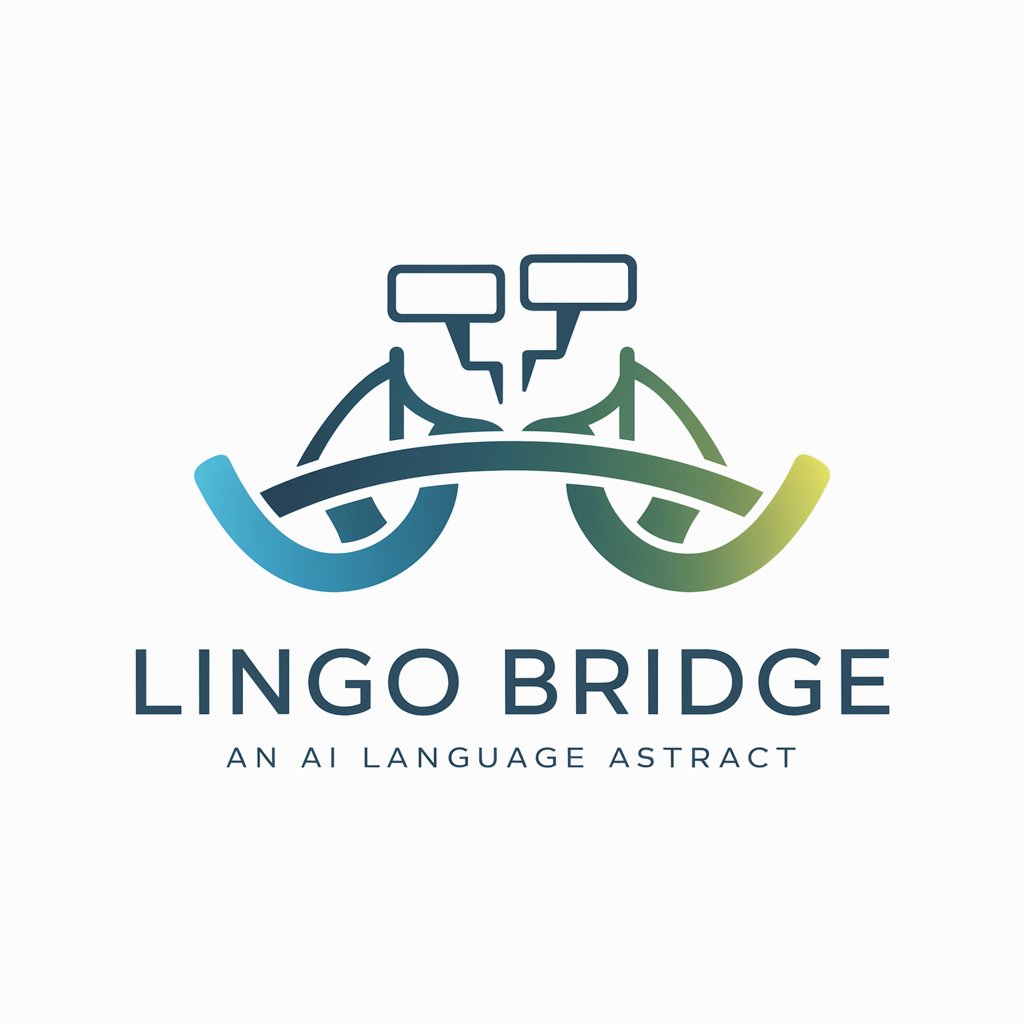
Frequently Asked Questions About Code Mentor
What programming languages does Code Mentor support?
Code Mentor primarily supports Python, but also offers guidance on Shell scripting and uses Docker for container management and deployment scenarios.
Can Code Mentor help with database management?
Yes, Code Mentor provides assistance with database management systems like MySQL, including schema design, query optimization, and performance tuning.
Is Code Mentor suitable for beginners?
Absolutely, Code Mentor is designed to help users of all skill levels, from beginners learning the basics of backend development to advanced users handling complex server deployments.
How does Code Mentor handle deployment advice?
Code Mentor offers deployment advice focusing on Docker and Nginx, guiding users through the best practices for containerization and server configuration to ensure secure and scalable deployments.
Does Code Mentor provide real-time coding assistance?
While not real-time, Code Mentor responds promptly within the context of the chat, providing code examples, error analysis, and debugging tips to assist with development challenges.
